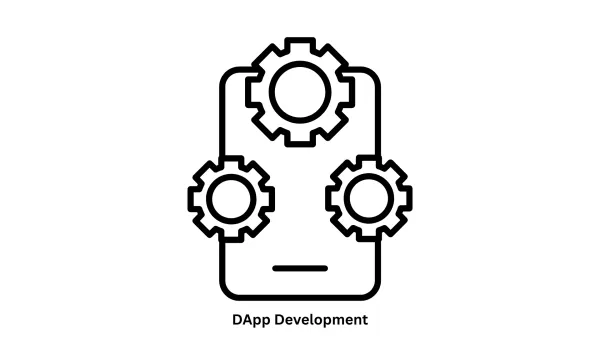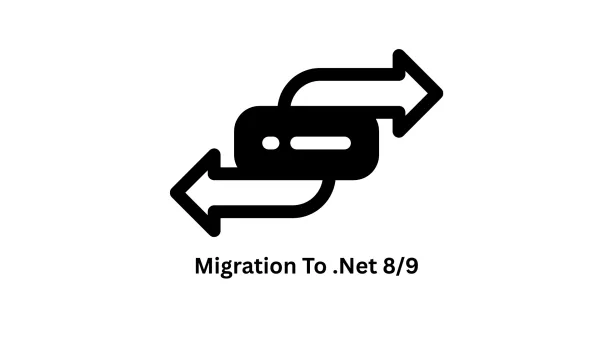Demystifying DIY SEO: Elevate Your Online Presence

Is your website getting lost in the vast sea of search results? You're not alone. Many businesses struggle to master Search Engine Optimization (SEO), a critical element of online marketing. But the good news is, you don't need to be an expert or hire a costly agency to get started. This guide will walk you through the basics of DIY SEO to help you climb the search rankings and grow your online presence.
1. Understand Your Audience (Keyword Research)
The first step to successful SEO is understanding what your audience is searching for online. This is where keyword research comes in.
- Brainstorm: Start by listing words and phrases related to your business, products, or services.
- Use Tools: Free tools like Google Keyword Planner or paid options like SEMrush can help you identify popular search terms, their competition level, and potential variations.
- Focus on Intent: Consider the searcher's intent. Are they looking for information, a specific product, or a local service? Tailor your content accordingly.
2. Optimize Your Website (On-Page SEO)
Once you know your target keywords, it's time to optimize your website's content and structure.
- Title Tags and Meta Descriptions: Each page should have a unique title tag (the text that appears in search results) and a meta description (a brief summary of the page's content). Include your keywords naturally.
- Header Tags (H1, H2, H3): Use header tags to organize your content and make it easier for search engines and users to scan.
- Content Quality: Write valuable, informative, and engaging content that includes your target keywords naturally. Avoid keyword stuffing (overusing keywords).
- Internal Links: Link between pages on your website to help search engines understand your site's structure and guide users to relevant content.
- Image Optimization: Use descriptive file names and alt text (text that describes an image) for your images. This helps search engines understand them.
3. Build Your Authority (Off-Page SEO)
Off-page SEO focuses on factors outside of your website that can influence your search rankings.
- Backlinks: Links from other reputable websites to yours are like votes of confidence. Focus on getting quality backlinks from relevant sites.
- Social Media: Promote your content on social media platforms to drive traffic and engagement.
- Guest Blogging: Write articles for other websites in your industry to reach a wider audience and earn valuable backlinks.
4. Track Your Progress
Regularly monitoring your website's performance is essential to gauge the effectiveness of your SEO efforts. Use tools like Google Analytics and Google Search Console to track:
- Website Traffic: See how many visitors you're getting and where they're coming from.
- Keyword Rankings: Monitor your progress in search results for your target keywords.
- User Behavior: Analyze how visitors interact with your site (time on page, bounce rate) to identify areas for improvement.
DIY SEO: It Takes Time and Effort
SEO isn't a quick fix. It takes time, patience, and consistent effort to see results. But by following these basic steps, you'll be well on your way to improving your website's visibility and attracting more organic traffic.
Need Expert Help?
If you're looking for professional assistance with your online marketing, consider Associative. We specialize in website development, SEO, digital marketing, Vue.Js Development, Electron Development, Express.Js Development, Django Development, Oracle Development and more. Contact us to learn how we can help you achieve your online goals.

To learn more, consider reading other articles, blogs, and stories in this area.

















